01
Home
02
What We Do
03
Our Value Additions
04
About Us
05
Impact & Traction
06
Our Blog & Tech
Winter Vegetable Market in Bangladesh: Opportunities and Challenges
The winter vegetable market in Bangladesh plays a pivotal role in the agricultural economy, producing millions of tons of nutritious crops annually. With growing demand in local and global markets, opportunities like export expansion, value-added products, and digital marketing are emerging. However, challenges such as storage deficiencies and quality control persist. Krishi Shwapno is driving innovation by empowering youth entrepreneurs, enhancing market linkages, and promoting sustainable farming practices to transform the sector.
AGRICULTURE
Updated: Dec 9th 2024
Published: Dec 9th 2024
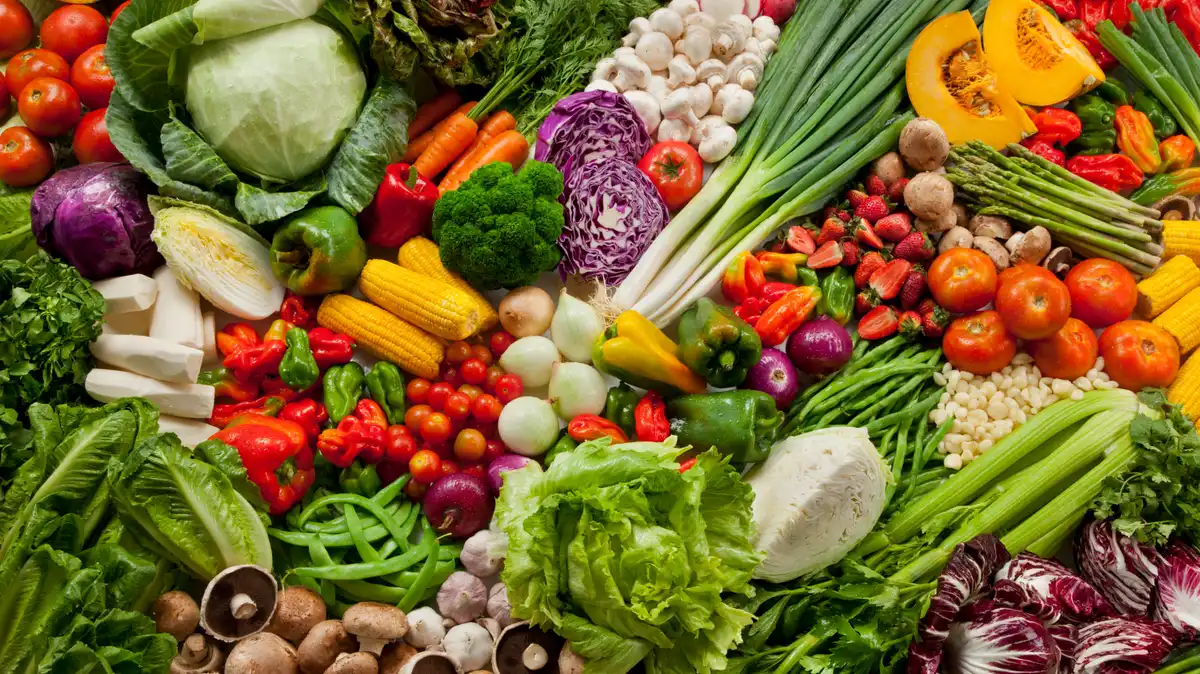
Image: 1733726116710_Blue%20and%20White%20Cute%20Winter%20Group%20Project%20Presentation.jpg
Introduction
Winter is a pivotal season for agriculture in Bangladesh, characterized by a surge in the production and consumption of winter vegetables. This sector plays a crucial role in the country's agrarian economy, offering substantial opportunities for growth and development. However, it also faces several challenges that need to be addressed to unlock its full potential.
In this blog, we’ll explore the market size, business opportunities, and obstacles faced by the winter vegetable market in Bangladesh and how Krishi Shwapno is positioning itself as a catalyst for change by fostering youth entrepreneurship and market linkages.
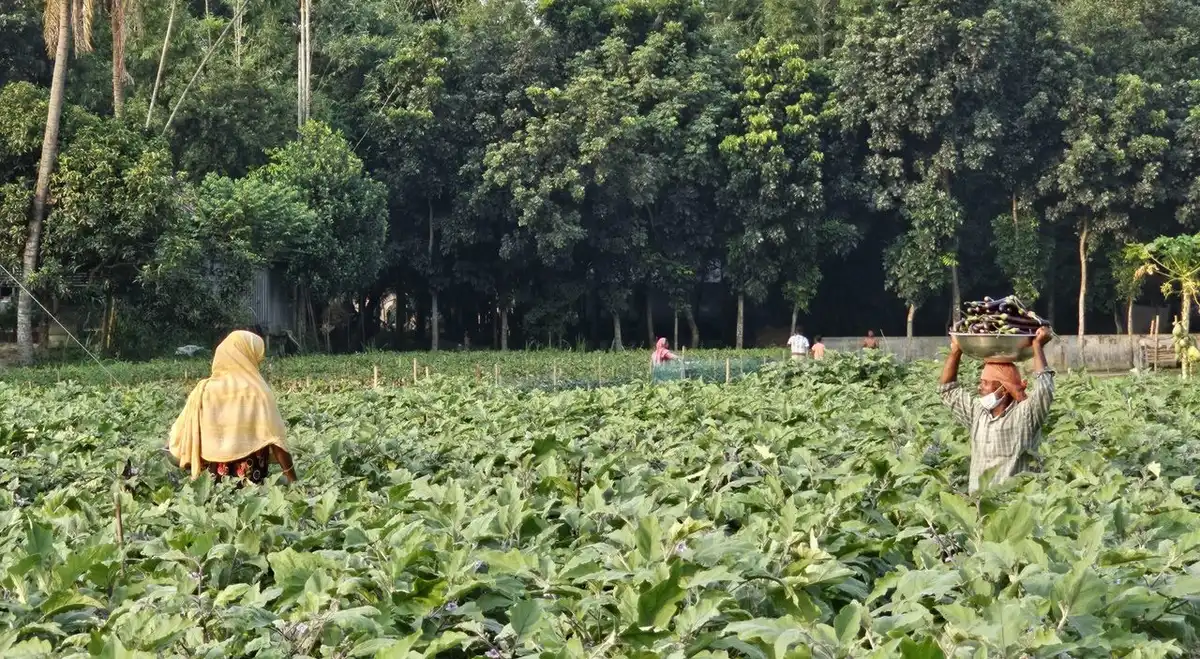
Market Size of Winter Vegetables in Bangladesh
The winter vegetable market in Bangladesh has seen remarkable growth, driven by high demand and a diverse range of crops.
Production and Cultivation
Bangladesh produces approximately 4-5 million tons of winter vegetables annually, with key crops including cabbage, cauliflower, tomatoes, beans, eggplant, carrots, and radishes. Around 70% of farmers in the country are engaged in cultivating winter vegetables, showcasing its importance in rural livelihoods. This production volume not only fulfills domestic needs but also caters to export markets (Bangladesh Bureau of Statistics, 2023).
Market Value and Demand
Winter vegetables are in high demand both locally and globally. In 2023, Bangladesh's vegetable exports reached $300 million, with a significant share coming from winter vegetables (Export Promotion Bureau, 2023). These vegetables are prized for being affordable and nutritious, particularly appealing to health-conscious consumers who seek fresh, vitamin-rich food options.
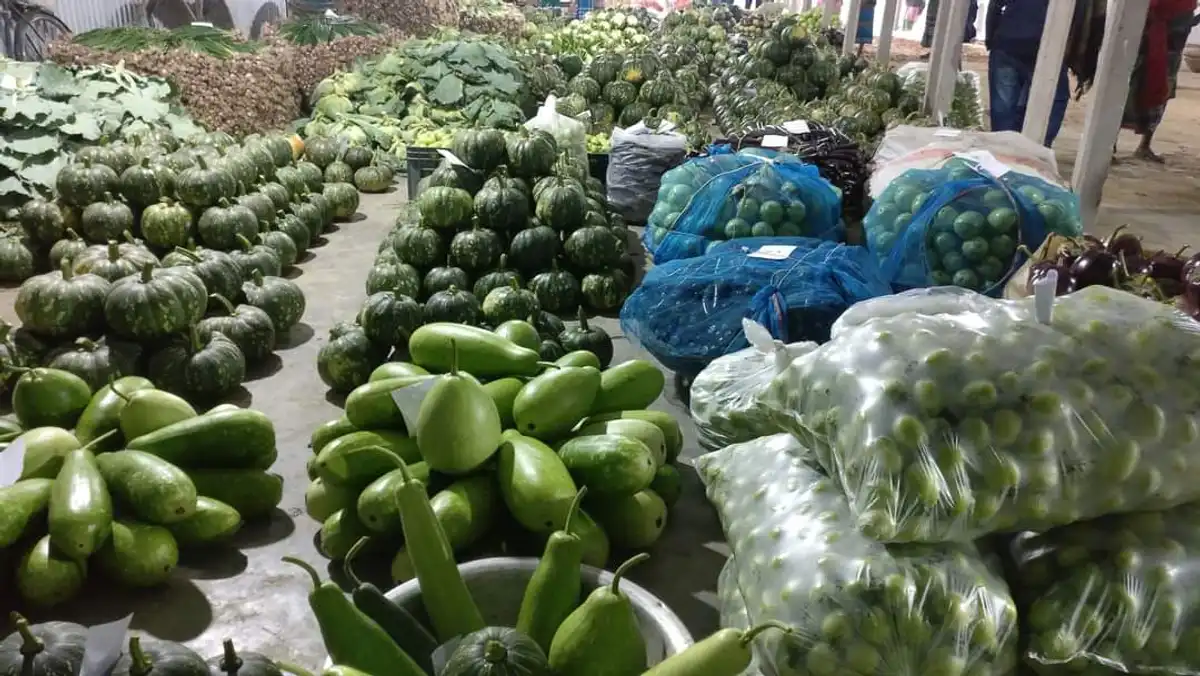
Business Opportunities: Unlocking New Potentials
The winter vegetable market offers diverse business opportunities, making it an attractive sector for farmers, entrepreneurs, and investors.
Export Growth
Countries in the Middle East, Europe, and Southeast Asia are major importers of Bangladeshi winter vegetables. By focusing on quality control, advanced packaging, and certifications, Bangladesh can significantly increase its export volumes (Bangladesh Agricultural Research Institute, 2023).
Value-Added Products
The demand for frozen vegetables, ready-to-cook items, and processed foods is rising globally. By investing in value addition, businesses can tap into new consumer segments and improve profitability.
Organic Farming
With growing awareness of health and sustainability, organic vegetables present a lucrative market opportunity. Meeting the preferences of eco-conscious consumers can boost revenues and promote sustainable agriculture.
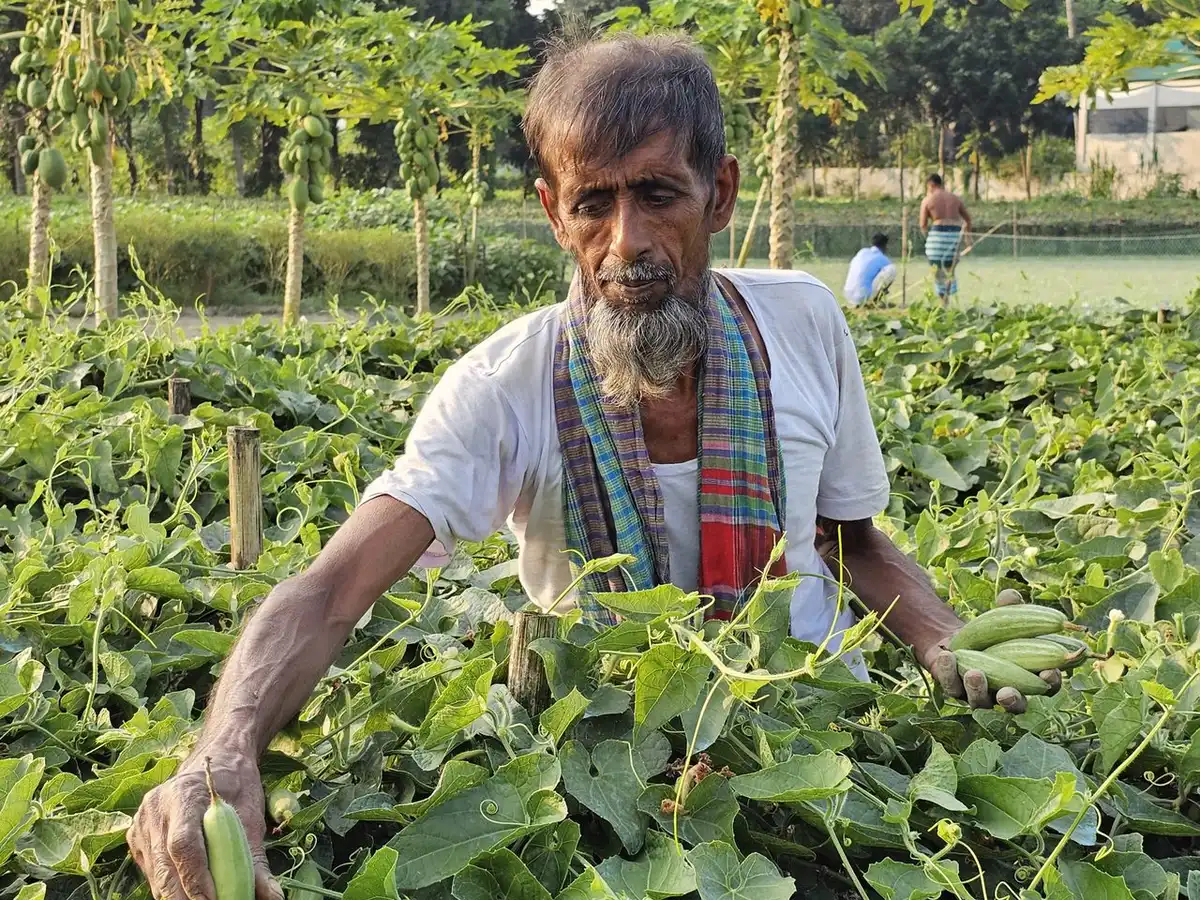
E-commerce and Digital Marketing
Online platforms and grocery delivery services are transforming how vegetables reach consumers, offering farmers direct access to markets. This ensures fair pricing and minimizes the influence of intermediaries.
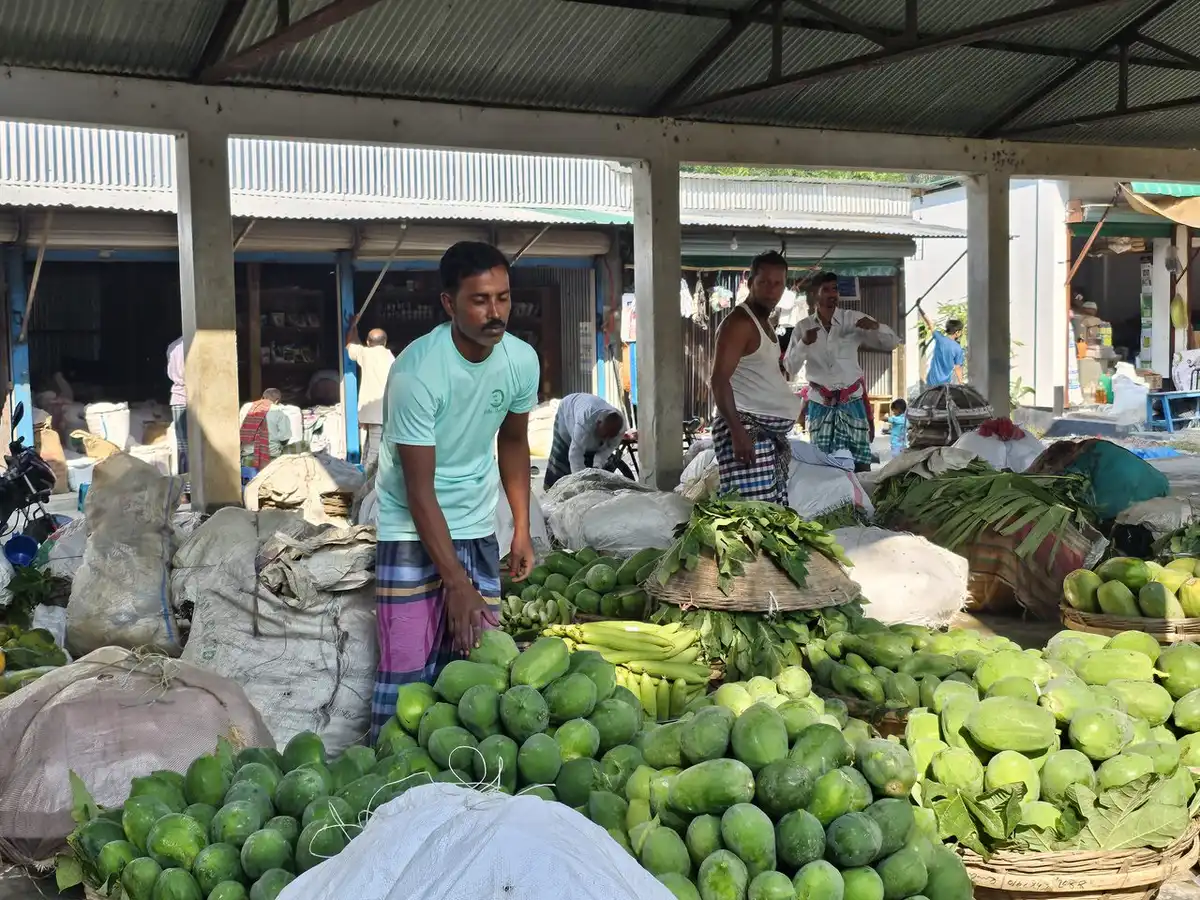
Storage and Logistics
Efficient storage and logistics are critical for reducing post-harvest losses. Investments in cold storage facilities and modern supply chains can help stabilize prices and maintain quality (The Daily Star, 2023).
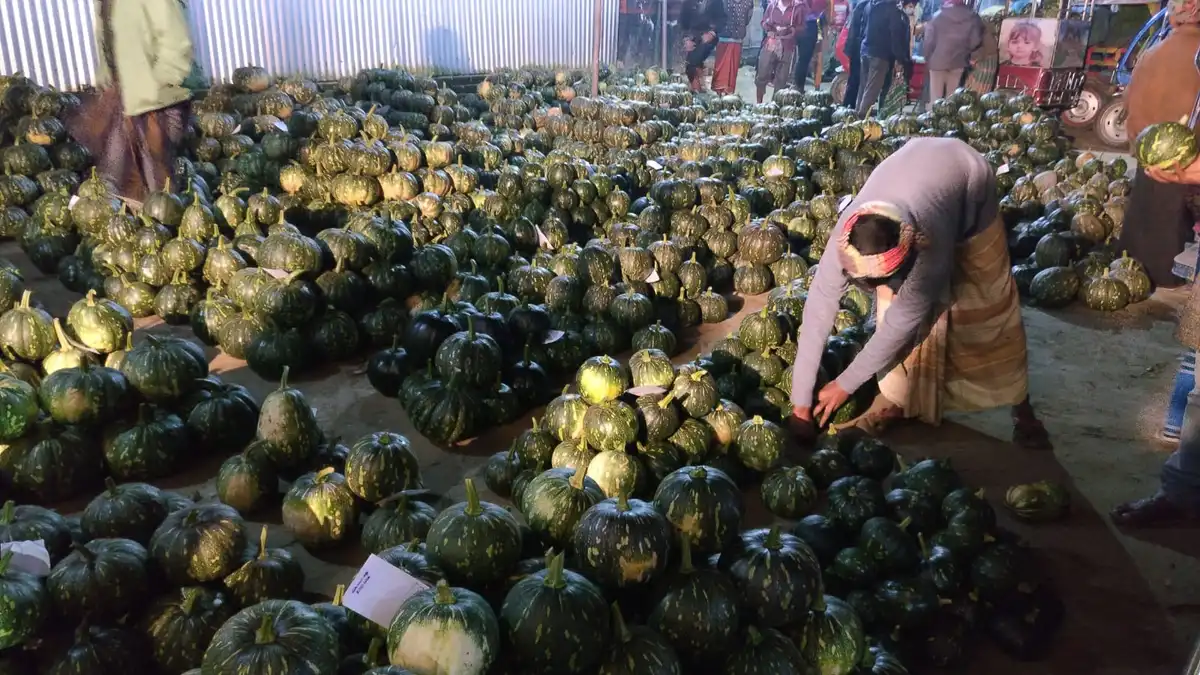
Challenges: Obstacles to Growth
While the opportunities are promising, several challenges impede the winter vegetable market's development.
Storage Deficiencies
The lack of modern cold storage solutions results in significant post-harvest losses, estimated at 30% annually. This not only reduces farmers’ incomes but also limits market supply during off-peak periods (BARI, 2023).
Middlemen's Influence
Intermediaries dominate the supply chain, often depriving farmers of fair prices for their produce, a persistent issue in the agricultural sector.
Natural Disasters
Unseasonal rainfall and cold waves frequently disrupt production, leading to lower yields and higher market volatility.
Quality Standards
Meeting the global export standards for hygiene, safety, and packaging remains a challenge for many farmers and suppliers.
Knowledge Gap
A significant portion of farmers lack access to modern agricultural practices, advanced tools, and techniques, which limits productivity and profitability.
Krishi Shwapno’s Vision for Transformation
Recognizing the potential of the winter vegetable market, Krishi Shwapno is committed to creating sustainable market linkages and fostering youth entrepreneurship in agriculture.
1. Empowering Youth Entrepreneurs
Krishi Shwapno is developing a network of youth-led agricultural service providers. By offering training in modern farming techniques, value-added processing, and digital tools, young entrepreneurs are being equipped to revolutionize vegetable production and marketing across Bangladesh.
2. Digital Market Linkages
Through its digital farmer dashboard, Krishi Shwapno bridges the gap between farmers and consumers. This technology ensures transparency, facilitates direct transactions, and reduces reliance on middlemen, enabling fair prices for farmers and fresh produce for consumers.
3. Export-Ready Solutions
To support export growth, Krishi Shwapno assists farmers in meeting international quality standards by providing resources and expertise in packaging, certification, and traceability. Blockchain technology integration ensures the authenticity and quality of exported produce.
4. Reducing Post-Harvest Losses
Investments in cold storage infrastructure and efficient logistics systems are a priority for Krishi Shwapno. These initiatives aim to reduce waste, stabilize market supply, and enhance farmers' profitability.
5. Sustainable Practices
Krishi Shwapno promotes regenerative agriculture and organic farming, aligning with the growing demand for environmentally friendly and health-conscious food systems. By training farmers in these practices, the organization fosters sustainability while boosting yields.
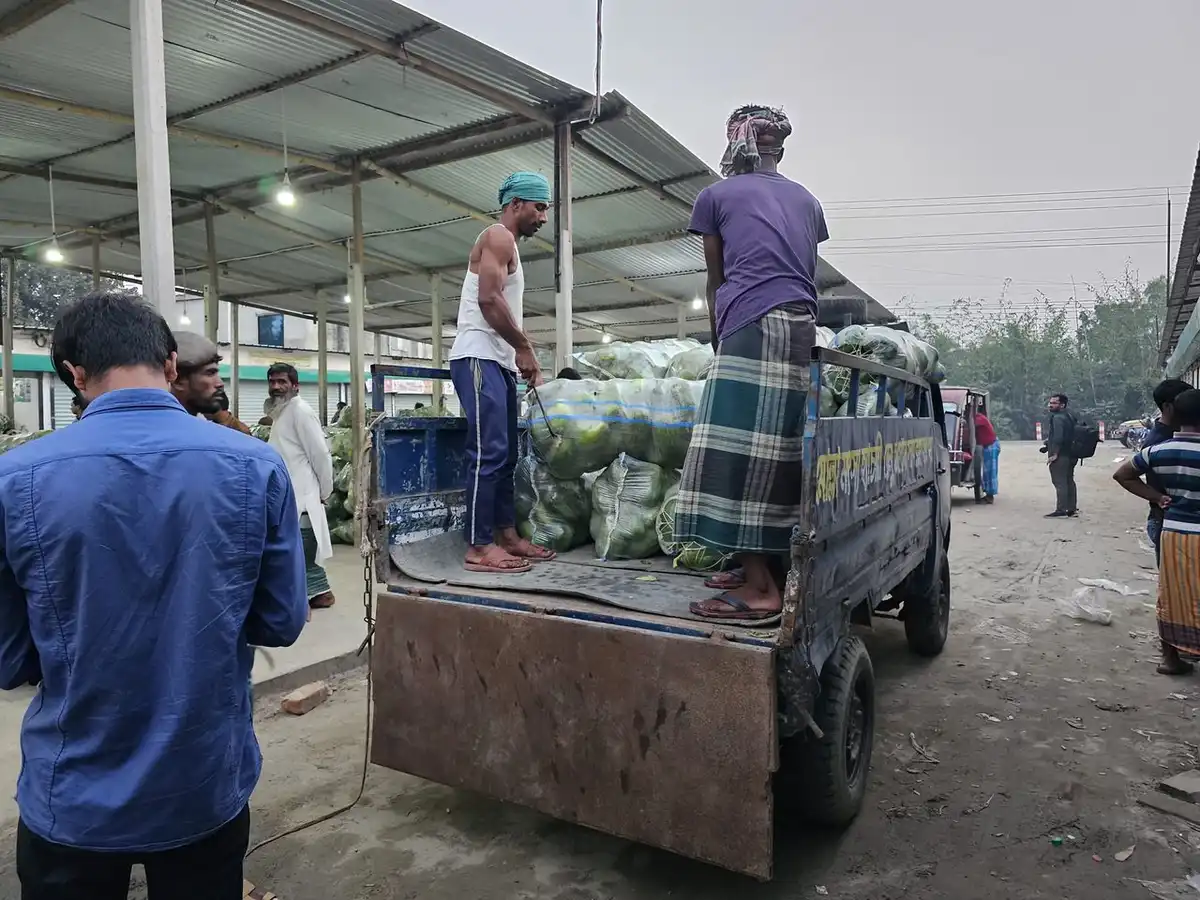
The winter vegetable market is a vital pillar of Bangladesh’s agriculture, brimming with potential for growth. With Krishi Shwapno’s innovative solutions and youth-driven initiatives, we’re paving the way for a sustainable and prosperous future in this thriving sector. Join us in transforming opportunities into impactful outcomes!
Keywords
Scroll to top
Contact
Head office: Hose #67, Road #10, Monsurabad Housing, Adabor, Mohammadpur, Dhaka-1207
Regional Office Manikganj: KitingChar, Joymontop, Singair, Manikganj
Regional Office Kurigram: Nageshwari bus stand, Vurungamari road, Nageshwari, Kurigram.
contact@krishishwapno.com
+880 1840018503 (whatsapp)
© All copyright 2024
Powered by
thinkcrypt.io

